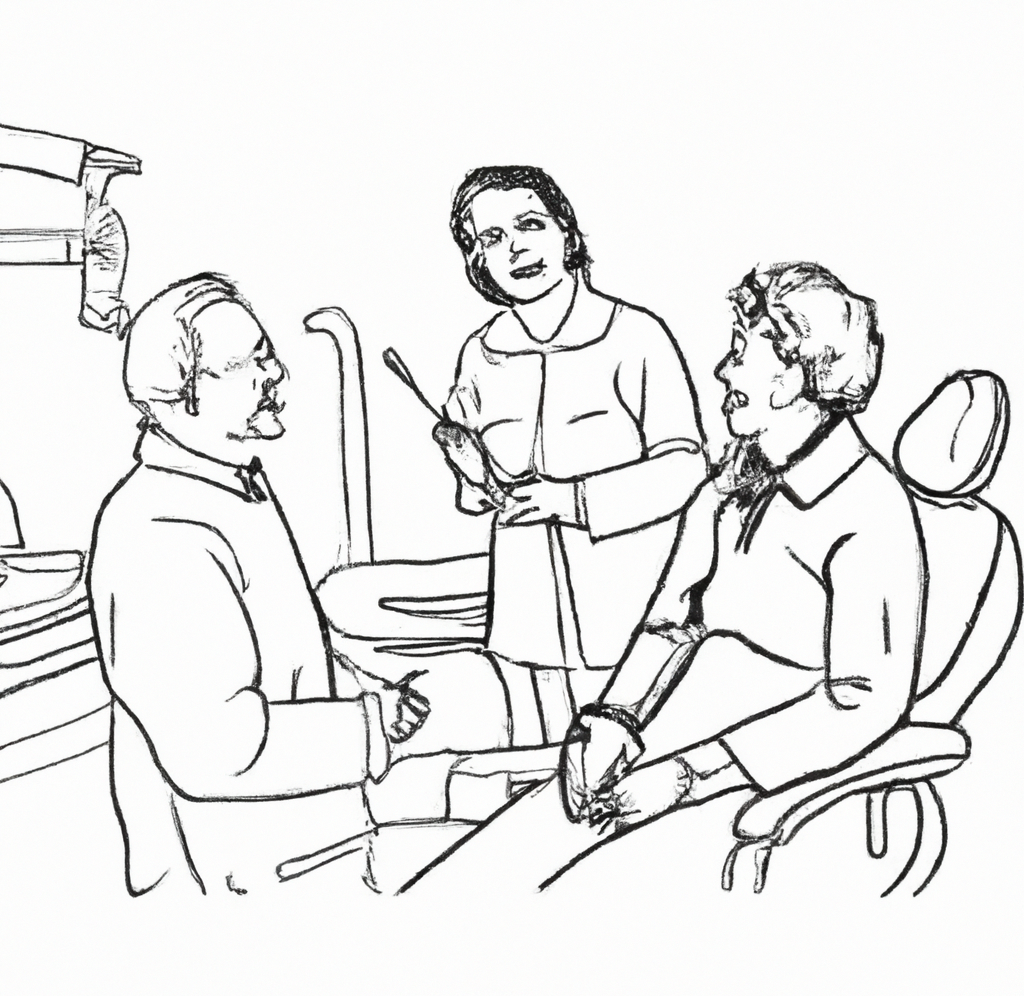
Magnus Gulbrandsen and Silje Maria Tellmann
This blog post is based on the Evidence & Policy article, ‘Productive interactions without impact? An empirical investigation of researchers’ struggle to improve elderly’s oral health’, part of the Special Issue: ‘Learning from Failures in Knowledge Exchange’.
Even if researchers do everything that is expected of them – collaborate with stakeholders, target important societal problems, engage in intensive science communication – societal impact may still not happen. What are the possible explanations?
A recurring observation in studies of the societal impacts of research is that substantial change typically involves a great deal of ‘productive interaction’ between stakeholders and researchers. However, not all interactions provide the desired societal impacts, as our empirical study of a cross-disciplinary research group focused on improving oral health in the elderly shows. In our Evidence & Policy article, we examined the subtleties of productive interactions and the intricate web of stakeholders, to shed light on the gaps that keep research efforts from having the desired societal impact.
We followed a group of researchers for six years, and even though they carried out many of the recommended activities to make impact happen, they were unable to achieve the expected outcomes. Even if many events took place that may – in an optimistic perspective – prepare the groundwork for future impact, no decisions in policy or practice targeting elderly’s oral health emerged. To analyse this process, we began by considering the oral health of the elderly as a problem area in which a wide range of stakeholders have a stake, but with varying interest, sense of urgency or capacity to make changes happen.
Continue reading